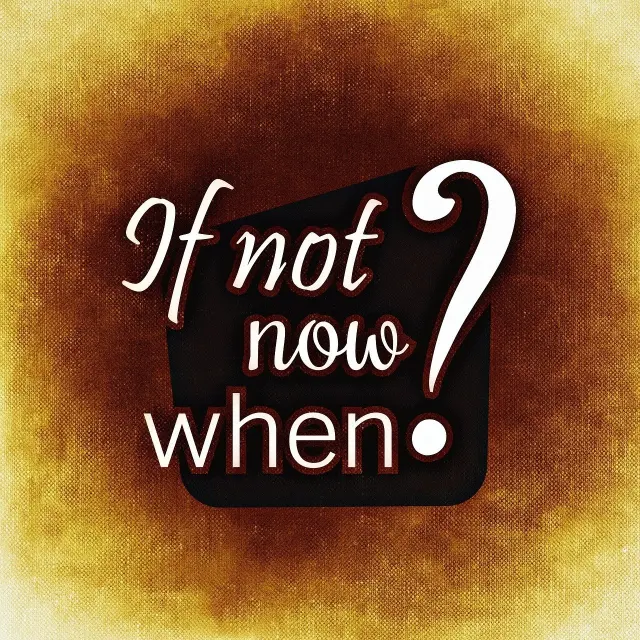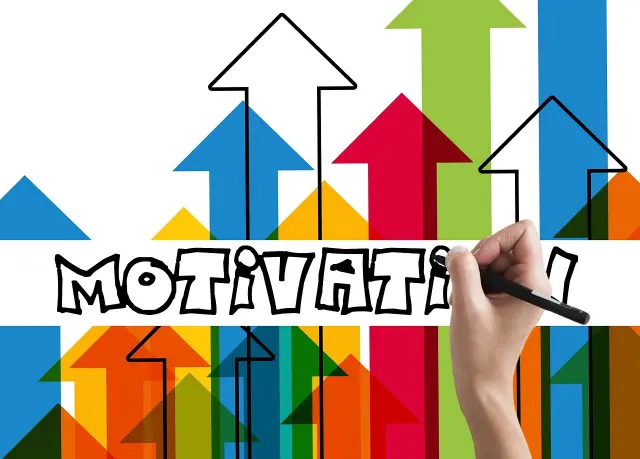Walking Coaching: The Harmony of Movement and Mental Development
The hectic pace of the modern world and ever-increasing stress levels are making us more and more challenging, both at work and in our personal lives. One innovative and effective way to address these challenges is through walking coaching, which combines the benefits of exercise in the fresh air with the power of coaching. A CoachLab.hu-we are committed to presenting the latest and most effective methods to help our clients grow, and walk coaching is just such a method.
What is Walking Coaching?
Walking coaching is a coaching method that takes place outdoors, while walking, instead of in a sedentary office environment. This method not only benefits from the physical activity, but also from the calming effect of nature, which can help to clarify thoughts and increase creativity.
Benefits of Walking Coaching
1. Improving Mental and Physical Health
* walking coaching one of the biggest benefits of the city is the health benefits of exercise and fresh air. Walking reduces stress, increases endorphin levels and improves mood. In addition, physical activity promotes better blood circulation and oxygenation of the brain, which improves cognitive function and problem-solving skills.
2. Increased creativity and productivity
Studies have shown that walking enhances creative thinking. When we walk, our brains work more freely and new, innovative ideas often emerge. This can be particularly beneficial for people who are struggling with creative or strategic problems.
3. More informal conversations
In a traditional office environment coaching sessions can often feel rigid, while walk-in coaching allows for more casual, natural conversations. Clients often open up more when they don't feel confined in a closed space.
4. Stress reduction
Spending time in nature and walking can significantly reduce stress levels. Exercise in a green environment has a calming effect on the nervous system, which contributes to to manage stress and mental well-being.
5. Better Communication and Relationship Building
In walking coaching, the coach and client walk side by side, creating a more equal, less hierarchical relationship. This set-up helps to build trust and facilitate more effective communication.
How Does Walking Coaching Work?
1. Meet and Start
The walker coaching usually starts with a meeting where the coach and the client discuss the objectives of the session and the itinerary. It is important to choose a location for the walk that is comfortable, safe and conducive to uninterrupted conversation.
2. Walk and Talk
During the walk to the coach guides the conversation and asks questions to help the client clarify goals, identify problems and develop solutions. The pace and route of the walk can be flexible to suit the client's needs and the dynamics of the conversation.
3. Reflection and Summary
At the end of the meeting coach and the client summarise what has been discussed and determine the next steps. It is often useful to spend a few minutes after the walk in a seated position to summarise what has been said and to take notes.
Areas of application of Walking Coaching
1. Career coaching
When discussing career-related questions and goals, the walker coaching can help help clients clarify their ideas and develop concrete steps to advance their careers. The walk-through discussion gives clients the opportunity to think creatively about their career opportunities and personal development.
2. Stress management and Burnout Prevention
High stress levels and burnout common problems in the modern workplace. Walk coaching can be an effective way to manage stress and prevent burnout, as the combination of nature and movement can be a powerful way to effect helps to restore mental and physical balance.
3. Personal Development
* personal development in the area of walk coaching can help clients to increase their self-awareness, identify their strengths and weaknesses and achieve their goals. During a walk-in conversation, clients often gain new perspectives and a deeper understanding of themselves.
4. Improving Relationships
Relationship issues, be they personal or work-related, can also be effectively addressed through walk-in coaching. The natural environment and informal conversation can help resolve conflicts and improve communication.
Tips for Effective Application of Walking Coaching
1. Choose a Suitable Location
It is important to choose a location for your walk that is quiet, peaceful and safe. Parks, forests and waterfronts can be ideal locations as these natural environments promote calm and concentration.
2. Prepare for the weather
Before setting off, it's worth checking the weather forecast and preparing accordingly. Bring suitable clothing, an umbrella or raincoat and waterproof footwear to ensure you can walk comfortably and unhindered in all weather conditions.
3. Bring a notebook
Walking coaching often brings up important thoughts and ideas that are worth writing down. Bring a small notebook and pen to jot down the key points during the conversation.
4. Be flexible
Walking coaching is a dynamic and flexible method, so it is important that both the coach and the client are open to changing the route and the pace of the walk according to the current needs and the dynamics of the conversation.
5. Listen to Body Language
Body language also plays an important role in walking coaching. Make sure that your posture and gestures are supportive and open, as this helps to build trust and rapport.
Summary
Walking coaching is a innovative and effective method, amely ötvözi a friss levegőn való mozgás előnyeit a coaching erőteljes hatásával. Ez a megközelítés javítja a mentális és fizikai egészséget, növeli a kreativitást és a produktivitást, valamint elősegíti a kötetlenebb, természetesebb beszélgetéseket. A sétáló coaching ideális választás lehet karrier coachinghoz, stresszkezeléshez, personal development and improve relationships.
Works particularly well sales coaching and executive coaching, i.e. executive coaching also in the case of. In sales coaching, walk-in coaching can help sales professionals develop new, creative sales strategies and manage stress, which can contribute to improved performance and the achievement of sales goals. The executive in the case of coaching, walking coaching gives leaders the opportunity to to rethink their strategies, develop their leadership skills and gain new perspectives on organisational challenges in a relaxed environment away from the hustle and bustle of the office.
Walking coaching is therefore a versatile and flexible tool that can be used in many areas help achieve individual and organisational goals. A CoachLab.hu-we are committed to demonstrating and applying this innovative approach for the development of our clients.



























